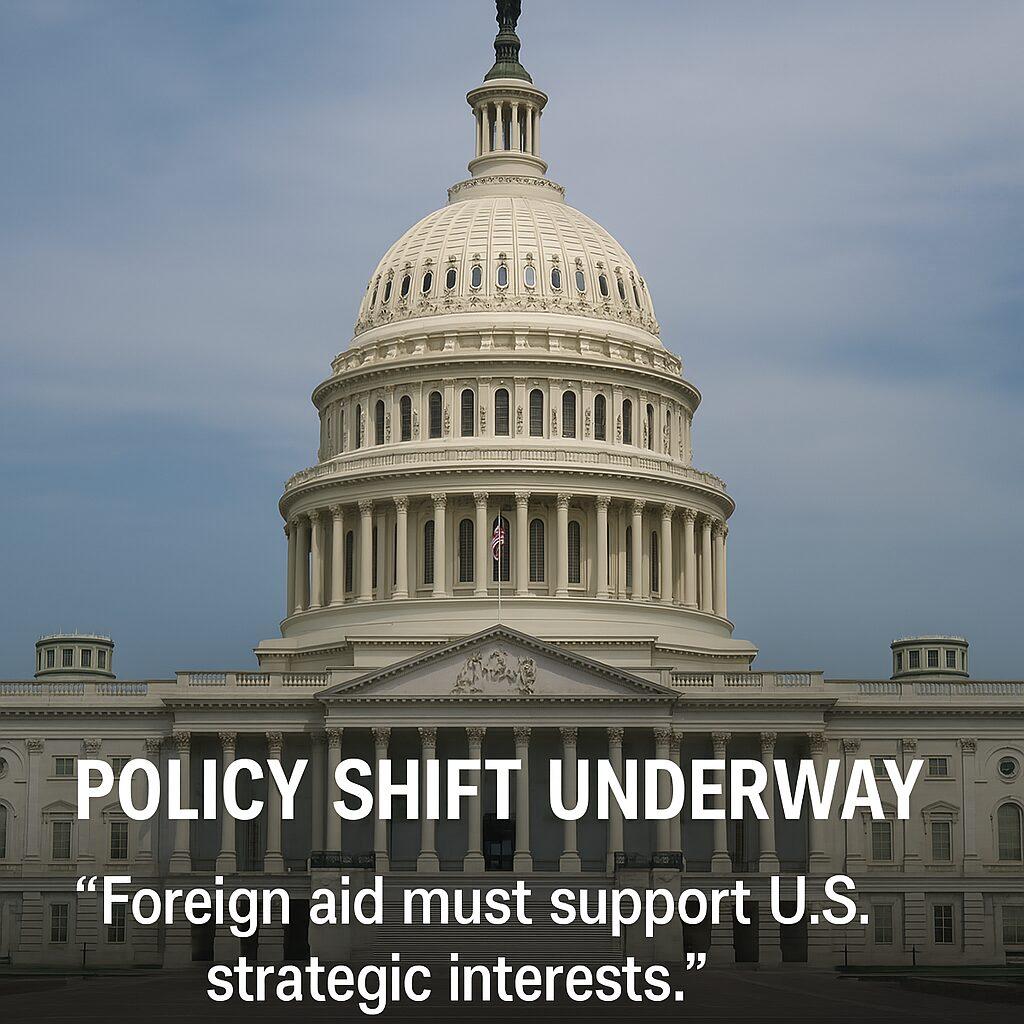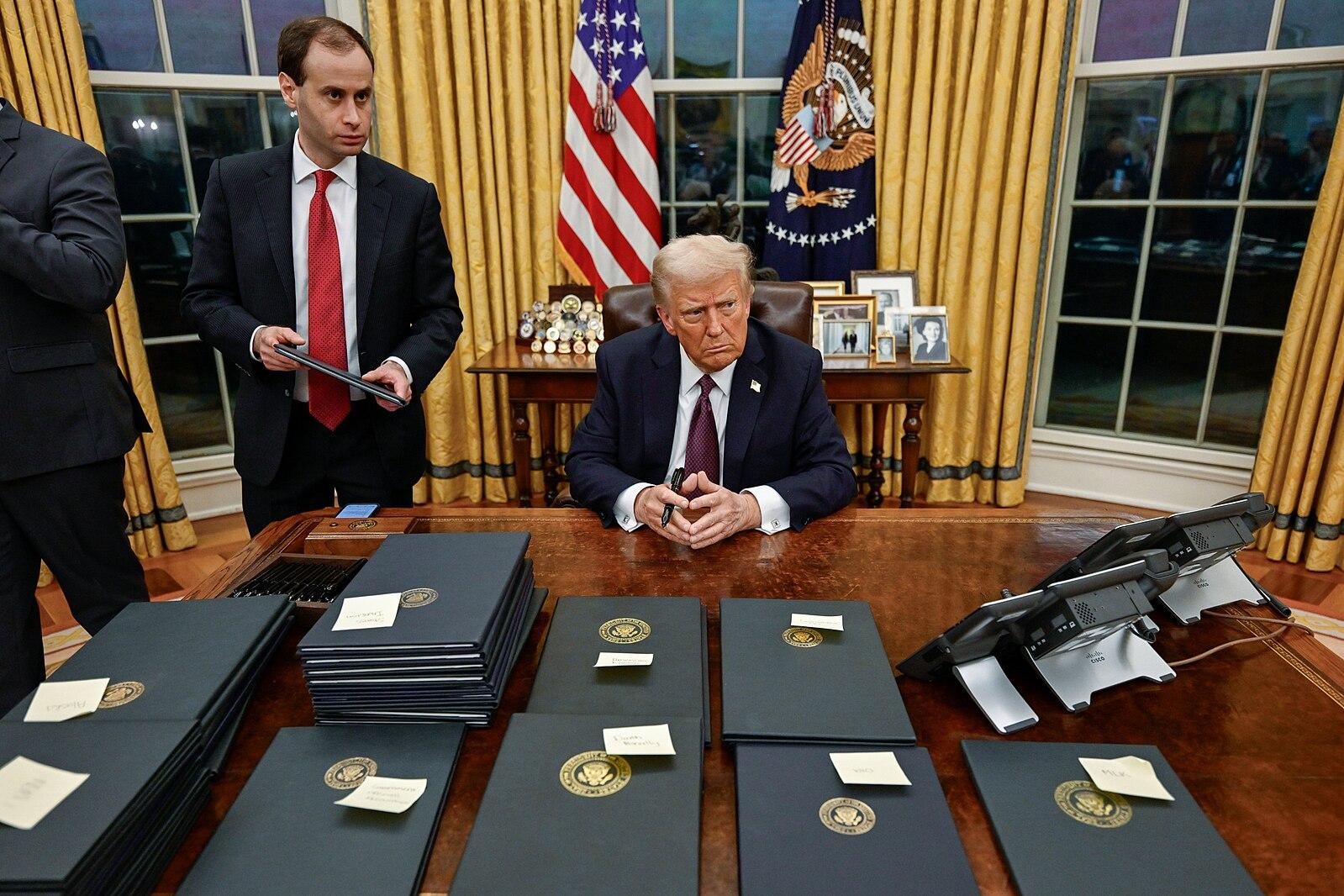SUPREME Court Justice Antonin Scalia, known for his fiery, sharp rhetoric and ultra-conservative views, died in his sleep, as confirmed by the US Marshals Service and the Supreme Court. He was 79.
Scalia died in his guest room at the Cibolo Creek Ranch in Texas while on a hunting trip, according to a statement by Texas Governor Greg Abbot. He was found dead on Saturday, Feb. 13.
People at the ranch summoned a Catholic priest from Presidio, 30 miles away, to administer last rites to the Catholic justice, reported the Los Angeles Times. “It appeared as though he had passed away in his sleep,” said Elizabeth O’Hara, a spokeswoman for the Diocese of El Paso.
Scalia had served as a justice in the Supreme Court since 1986. He was well known for his sharp intellect and fancy for verbal combat, often intimidating lawyers with his opinions and lengthy speeches, heavily-worded dissents, and caustic attacks on modern liberalism. His style of conservatism was described as “rigid,” and some would say “angry,” “out of touch” with progressive America.
As a justice, Scalia was known for interpreting the Constitution by its original words and meaning, not with contemporary thinking. He once said they liked a “dead Constitution,” not a “living” one that evolves. He believed in the constant changing of laws, but no changes for the Constitution itself through judges’ rulings, and said his job was to “preserve an enduring Constitution.”
President Barack Obama paid tribute to Scalia as a “brilliant jurist who influenced a generation of judges, lawyers, and students. [Justice Scalia] will no doubt be remembered as one of the most consequential judges and thinkers to serve on the Supreme Court.”
“[Scalia was] a giant of American jurisprudence, who almost singlehandedly revived an approach to constitutional interpretation that prioritized the text and original meaning of the Constitution,” said Senate Majority Leader Mitch McConnell (R-Ky).
Scalia was a “brilliant man with a probing mind,” praised Sen. Charles E. Schumer (D-NY), “[even though] we disagreed on so many issues.”
Even the strongly-worded Republican presidential candidate Donald Trump lauded the justice for his “reverence for the Constitution and his legacy of protecting Americans’ most cherished freedoms.”
As for the vacancy in the high court, Obama’s next urgent task is to find a replacement. Justice Scalia’s unexpected passing set up a major confrontation between the president and the Republican-led Senate, which has already vowed to block any nominee.
Obama called for a “timely vote” in a Senate led by Republicans, who argue that the choice should be left for the next president.
“I plan to fulfill my constitutional responsibilities to nominate a successor in due time,” Obama told reporters from the ASEAN summit in California. “These are responsibilities that I take seriously, as should everyone. They are bigger than one party. They are about our democracy, and they’re about the institution to which Justice Scalia dedicated his professional life, and making sure it continues to function as the beacon of justice that our founders envisioned.”
Often when facing a Senate controlled by the other party, the President will seek a bipartisan nominee. However, the stakes are high for Obama to nominate a liberally-sound candidate who aligns with his views, with the Supreme Court facing big-ticket issues this year; including abortion, climate change, immigration rights and gun control.
Behind the scenes, the White House administration had started to review a list of names for the president’s counsel office and Justice Department to have at the ready.
In his eight years as president, Obama has made two successful nominations for the high court: Sonia Sotomayor to replace David Souter in 2009, and Elena Kagan to replace John Paul Stevens in 2010.
Iowa Sen. Charles E. Grassley, chairman of the Judiciary Committee, said that it has been “standard practice for nearly 80 years that presidents not name Supreme Court choices in a presidential election year.”
“Given the huge divide in this country…it only makes sense that we defer to the American people who will elect a new president to select the next Supreme Court justice,” Grassley said.




